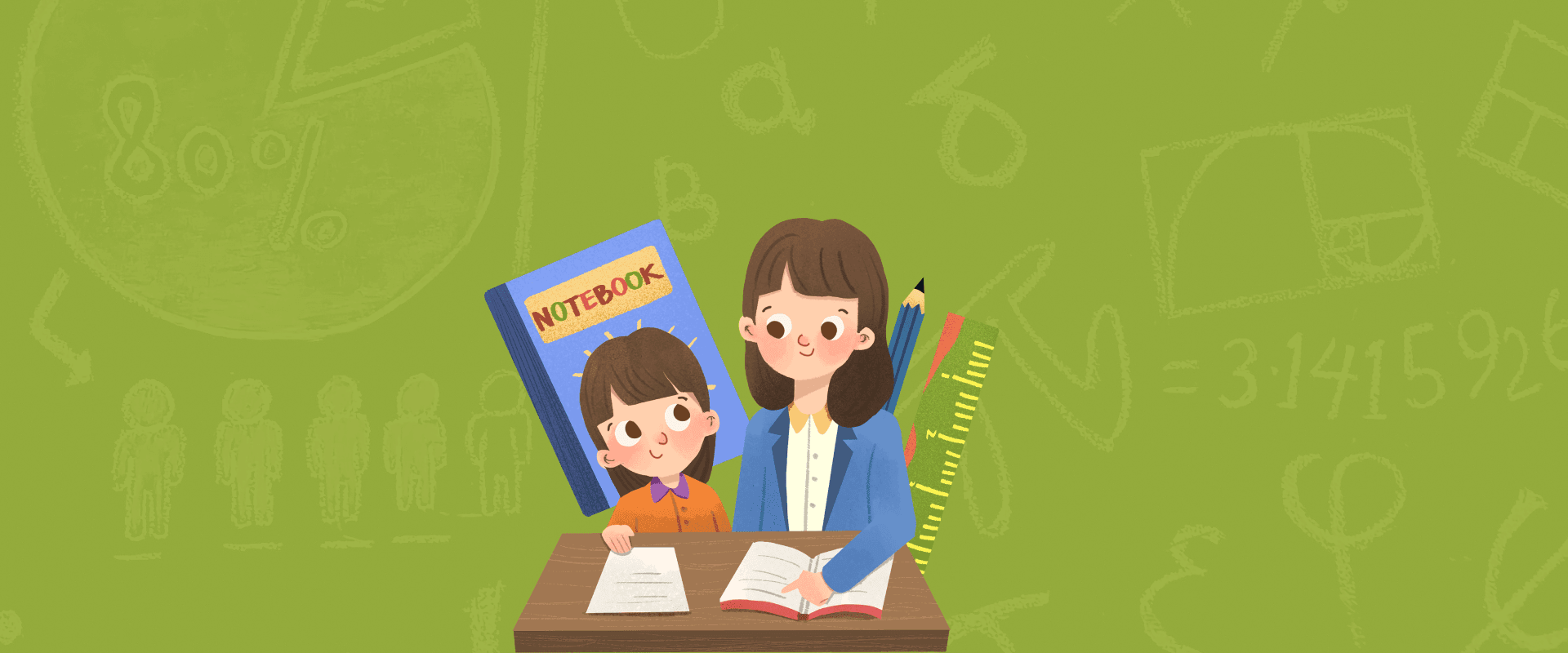Think about how important your child’s education is – it sets the foundation for their future. As a parent, you want to do everything you can to have every opportunity and help them succeed in school. But what is the right level of involvement? How much should you help with homework, and when should you let your child take the lead? This can be a tricky balance, but we’ll give you some tips on how to find the right balance for your family.
There is no one-size-fits-all answer to these questions – it depends on your child’s individual needs and your family dynamic. But some general guidelines can help you figure out the best level of involvement for your child.
A Lasting Impact
Parents and extended families have the most direct and lasting impact on children’s learning. They also play a key role in supporting their education. A child’s early years are crucial for their development, and parents play a central role in supporting their child’s learning during this time. Research has shown that when parents are involved in their children’s education, they are more engaged with their school work, stay in school longer, and achieve better learning outcomes. This also translates into longer-term economic and social benefits.
Parents can support their children’s education by helping with homework, attending school events, and communicating with teachers. By taking an active role in their children’s education, parents can help ensure their children reach their full potential.
Be A Role Model
As role models, parents can inspire their children to develop a love of learning. When parents show excitement about learning new things and taking on new challenges, it can rub off on their children. Parents can also empower their children by sharing their own educational journeys with them. By being open about the difficulties and triumphs they’ve experienced, parents can help their children develop a growth mindset and see setbacks as opportunities to learn and grow. Ultimately, parents remain an important part of their children’s education, even as their role evolves over time.
Too Much Involvement
Although involvement and being a great role model can set your child up for success, too much involvement can actually be detrimental to their education. If you are constantly hovering and helping with every little thing, your child may not learn how to be independent and take initiative. This can lead to problems later on when they need to take more responsibility for their education in high school and college. So how can you find the right balance?
First, consider your child’s age and developmental stage. For younger children, you’ll likely need to be more involved in their education. This means helping them with homework, keeping up with their progress at school, and communicating with their teachers. As your child gets older and becomes more independent, you can start to back off a bit and let them take the lead.
It can also depend on your child’s personality – some kids need more help than others. If you’re not sure, talk to their teacher. They will have a good sense of how much support your child needs and can give you specific advice. Every family is different, and what works for one parent and child may not work for another. Most importantly, you want what’s best for your child and their education. With a little trial and error, you’ll find what level of involvement works best for your family.
Homework
Parents need to strike the right balance when helping their children with homework. If parents do too much, they can start to take over, and the child may become reliant on them. On the other hand, if parents don’t do enough, the child may become frustrated and give up. A good rule of thumb is to spend a few nights a week working with your elementary school-aged child on their homework. This will give you a chance to provide assistance without taking over. Being respectful of your child’s teachers and methods is also important. They are the experts, after all! In short, parental involvement in homework can be beneficial, but it is essential not to go overboard.
Meeting With Teachers
As we mentioned earlier, it can be helpful to meet with your child’s teachers to understand how they learn in a classroom setting. However, constantly consulting with teachers can make children feel as though they are always under their parent’s thumb. While it is helpful to meet with teachers to understand how they learn in a classroom setting, parents should also give their children some independence when it comes to their education. This will help them to develop responsibility and self-advocacy skills. In addition, parents should encourage their children to speak up for themselves if they have any concerns about their education. By teaching their children how to advocate for themselves, parents can help them to thrive in the classroom and beyond.
Level Of Involvement
Parents should not always be present for their children in order to allow them to absorb the lessons of life. If parents are too involved, they may hinder their child’s ability to grow independently. On the other hand, if parents are not involved enough, their children may struggle to thrive academically and socially. The key is to find a balance that works for both the parent and the child. By doing so, parents can set the stage for a successful future for their children.
As part of our program at Dropkick Math, we invite the parent into the learning environment. This can help parents balance their involvement in their child’s education. We believe that it is important for parents to understand the math curriculum their child is learning so they can help if needed. However, they also need to learn when to back away so their child can continue to grow on their own.
Our Math Programs
Our math programs in Toronto and the surrounding areas offer an alternative to traditional online math tutors. We provide a fun way to help your child thrive in mathematics through self-learning. We work with your child and yourself to understand the underlying problems rather than just focusing on helping them through the material they are learning at school.
If your child is struggling with math, don’t spend any more time searching for “math tutor near me.” Our certified Ontario teachers are currently accepting students for their programs this summer and into the fall session.
For more information about our program and how we get the parent/guardian involved, visit our website today!





